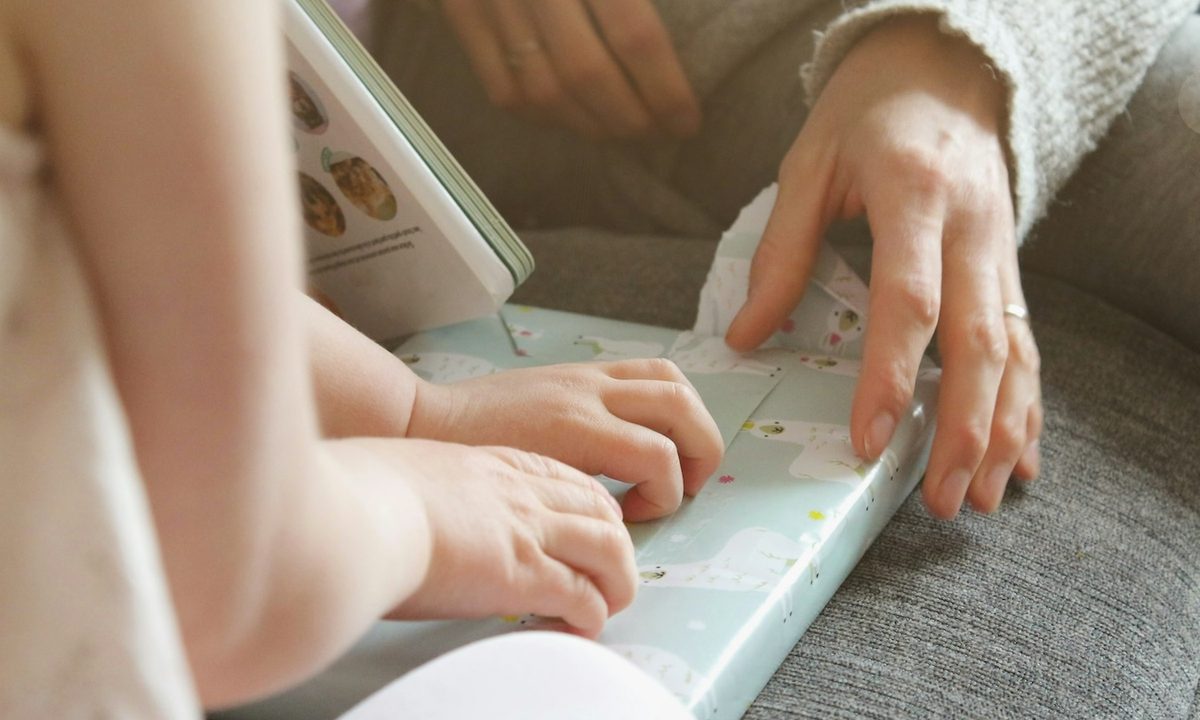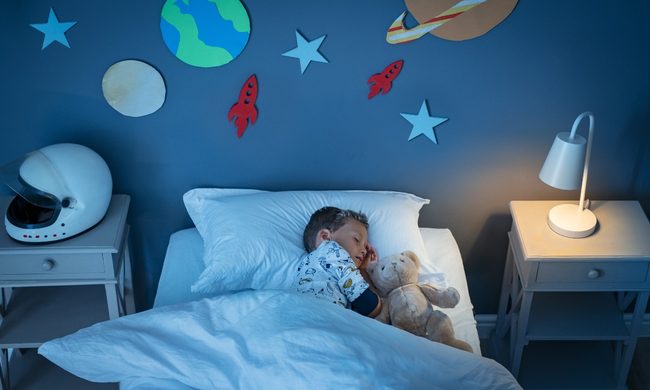Parenting — and loving a child in your life, more generally — is such a trip. One moment, you’re wondering why a days-old baby is crying (and won’t stop) and trying to introduce solids. The next? You’re sending them off to big-kid school, which starts with Kindergarten.
As children age, their worlds grow more extensive, and their interests change. While the holidays and birthdays can feel drenched in pressure and consumerism, some of the best gifts for kindergarteners can play into their current interests and help them build future skills, like critical thinking. Some gifts aren’t “things” but experiences that give them lifelong memories (at 5 or 6 years old, a child may be able to recall a baseball game or camp). With so many options, you may find honing in on the best gift for the kindergartner in your life challenging. Below, you’ll find ideas to spark your adult imagination.
Best experience gifts for kindergarteners
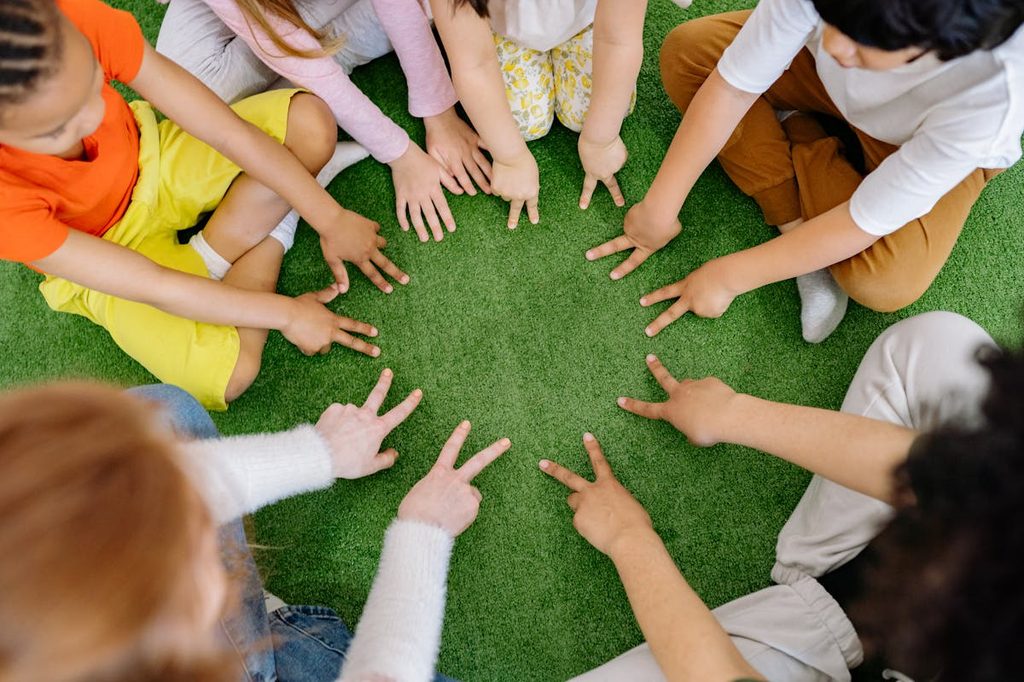
What can you give the kindergartener who already has everything? How about an experience instead — their parents will thank you (or you’ll thank yourself if you’re a parent) for not adding to household clutter. Kindergarten-age kids are more aware of social graces, and their attention spans are growing, so the time is ripe for exploring and trying “big-kid” stuff while still enjoying “little-kid” wonder.
- Pro sports games. Professional sports games cost more than movies, and adults may hesitate to take smaller children to a big-league ball game. They’re more likely to want to leave early, need to leave early, or spend more time racing around the concourse than in the seats. A kindergartener is likelier to watch more of the game and maybe even learn a rule or find a favorite player.
- Train tickets to the nearest city. This one provides a double-whammy: The chance to hop aboard a train (a huge win for kids who love “things that go”) and learn something new about an area close to home. Find local kid-friendly museums or holiday exhibits you can enjoy together — you may make the trip a tradition.
- Camp. Kindergarteners develop interests and friendships, and summer camp allows them to lean into more relaxed settings than school. Consider particular interests or general camps where the only goal is to have a blast.
Best educational gifts for kindergarteners
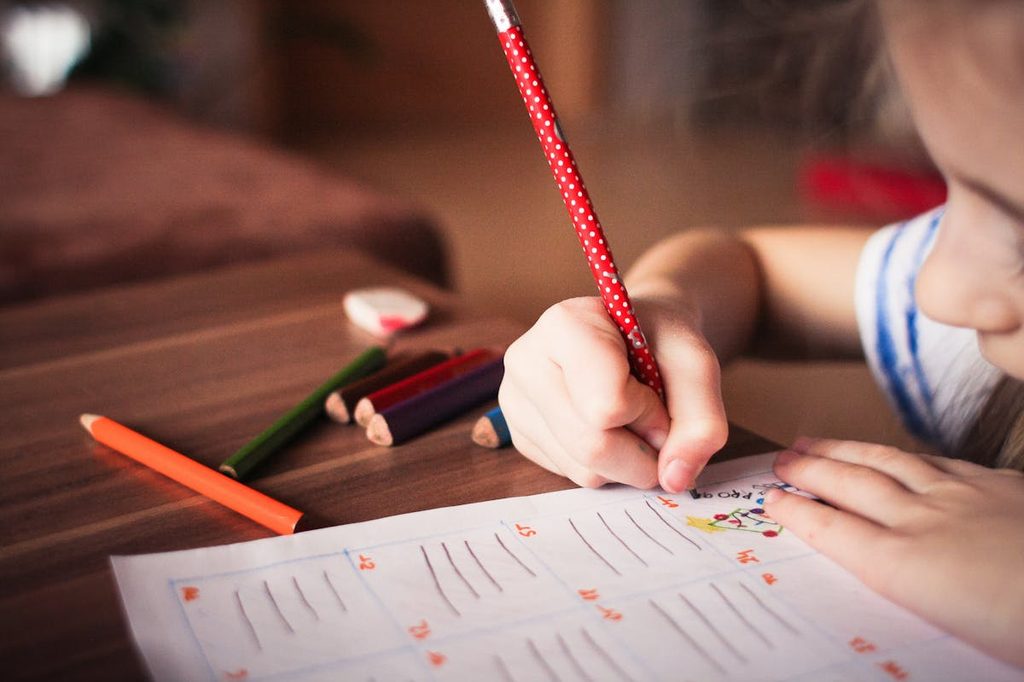
Kindergarteners learn a ton in school, like counting and the ABCs. A gift can support that learning at home (in a fun way).
- Science kits. Brands like National Geographic and Lakeshore Learning offer science kits that gently introduce concepts like physics (through marble race tracks) and chemistry (through bubble making).
- Stopwatch. Stopwatches and timers build kids’ sense of time and counting. Life hack: If getting a kindergartener to pick up toys or get out the door on time is a power struggle, time them doing the task and make the next time a chance to reach a new personal best. Watch how fast they start moving.
- Activity books. Activity books offer opportunities to learn ABCs, trace, count, and explore interests like animals and cars. Choose one that aligns with what the kindergartener is learning in school or loves to explore at home.
Best books for kindergarteners
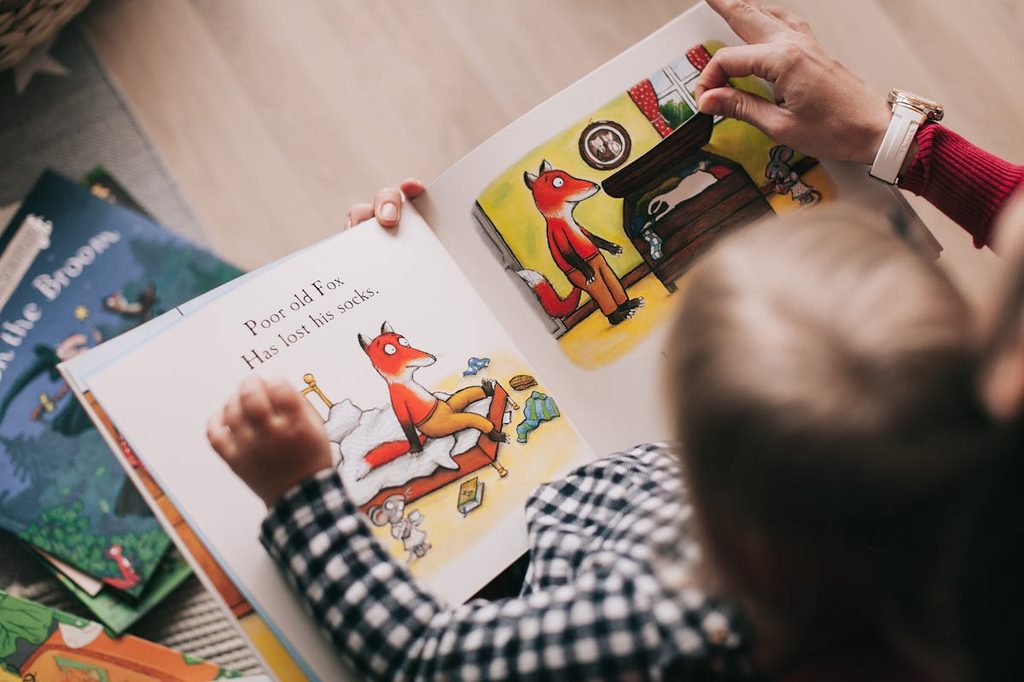
Kindergarteners may start learning to spell but are still developing emotional regulation and speech skills. Reading to them remains a bonding activity and a chance to focus on specific skills and needs. Books can address fears (like going to school and bullying) and expand on budding interests.
- Books about school. By the holidays, kindergarten is almost over. However, some children may still be adjusting and not want to go. Books like The Pigeon Has To Go To School and Shy Robin address this pain point, helping kids feel less alone.
- Rhyming. Rhyming helps kids recognize sounds and memory, improving learning. Dr. Seuss books are a classic example.
- Books about the world around them. National Geographic is among the brands that offer age-appropriate books for kids that explore topics like why bagels have holes and the lifecycle of plants. These books appeal to children’s sense of wonder and teach them a thing or two. Some have simple words they can recognize on sight.
Best imaginative toys for kindergarteners
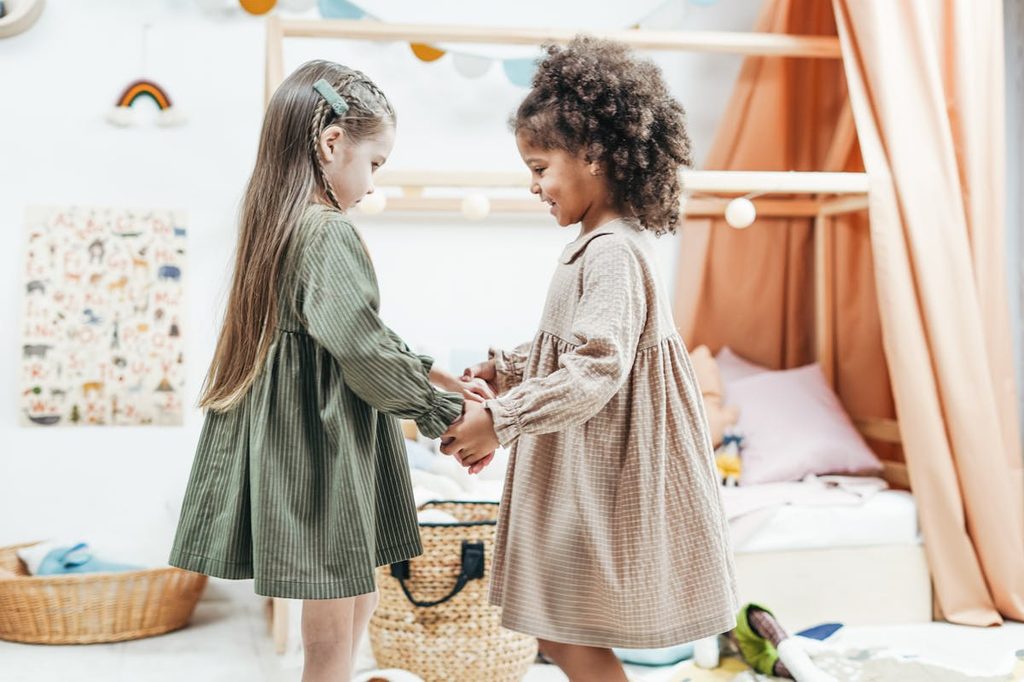
Kindergarteners still have active imaginations. Toys let them create their own little worlds during independent play and on play dates.
- Dress-up. What do you want to be when you grow up? Kids don’t have to answer that, but they can try any career on for size (literally) with play outfits, such as doctors, police officers, firefighters, and veterinarians.
- Forts. Camping isn’t just for summer vacation. Forts — tents, playhouses, or climbing contraptions — give kids a space to dream, read, and engage in active play.
- Grocery store. Get a min -cart, tons of play food, a cash register, and a wallet, and let children take imaginative tips to the grocery store. This set can grow with the child as they learn more about money and types of food — the perfect recipe for practical-meets-imaginative play.
Closing thoughts

Kindergarten can be such a fun stage for kids and adults alike. They’re growing up, learning new skills, and can appreciate big-ticket experiences like city trips and ball games. However, life still feels magical, and they’re still learning and absorbing the world around them like sponges.
Gifts can support this stage. Think books that help them manage feelings and fears, experiences that give them lifelong memories, and educational toys that build STEM and motor skills. Dress-up toys let their imaginations run wild. The holidays can feel pressure filled and expensive, so give yourself some grace and stay within your budget. Remember, the ultimate best gift for kindergarteners in your life is your love and support.
